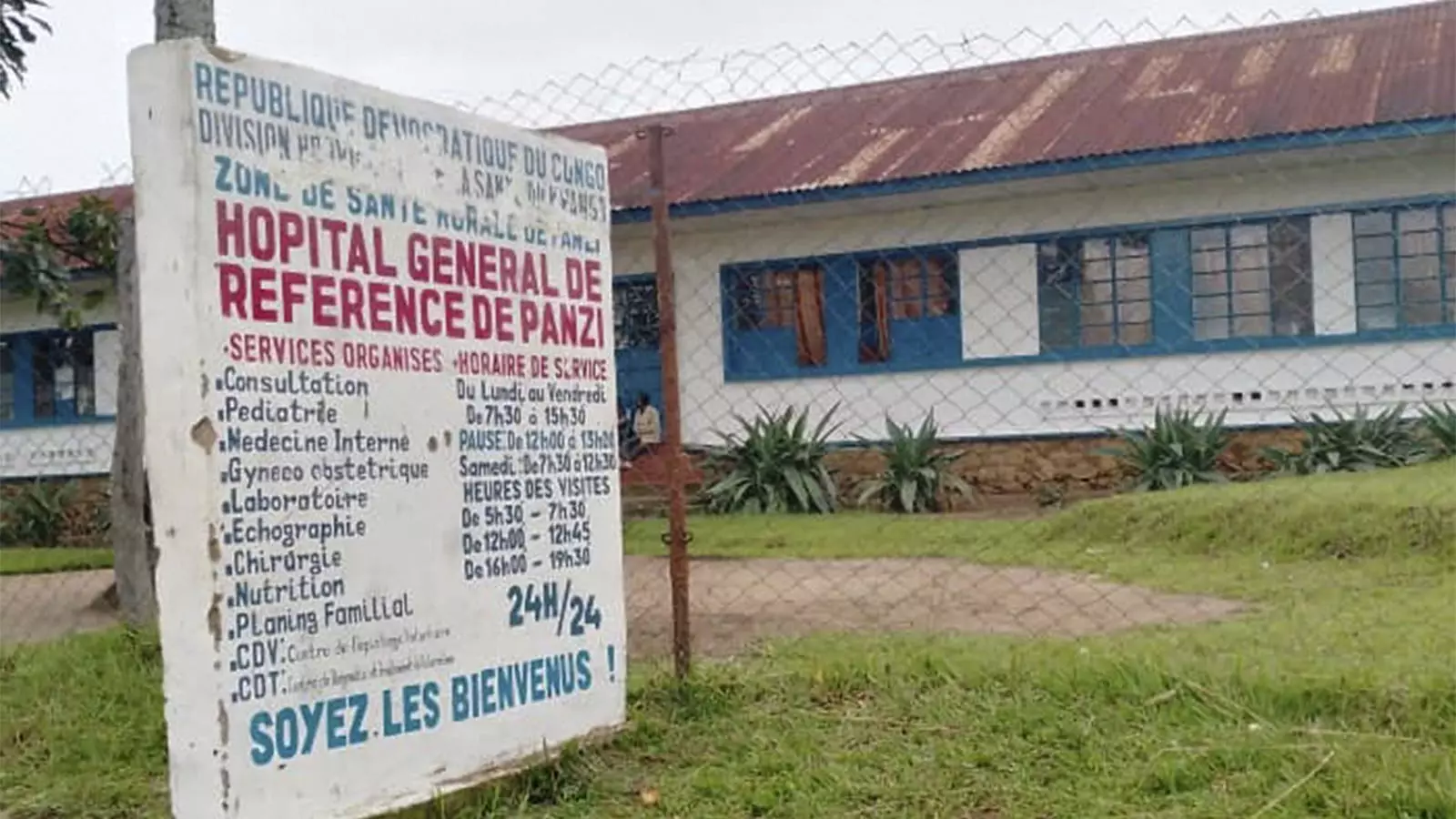In western Congo, health authorities are on high alert following the death of a man exhibiting symptoms of hemorrhagic fever, which has sparked concerns about the emergence of an unidentified virus. This incident is part of a larger outbreak that has reportedly claimed the lives of dozens of people, raising alarms within local and international health organizations regarding the intricate interactions of malaria and possibly other infectious diseases.
As of recent reports, at least 592 cases of a flu-like illness have been documented within the Panzi area of Kwango province. Out of these cases, 37 deaths have been confirmed in health facilities, with an alarming trajectory showing a rise of 65 additional cases and five new fatalities since last week. The situation is further complicated by the malnutrition endemic to the region, which could exacerbate the symptoms and responses associated with malaria, a disease already prevalent in this demographic.
Health officials have previously suspected malaria as a common factor in this ongoing outbreak, with a staggering 86% of tested samples from patients returning positive for the parasite. However, the recent death of a patient exhibiting hemorrhagic fever symptoms introduces a new layer of complexity to the diagnosis and treatment of this outbreak. According to Ngashi Ngongo, a representative from the Africa Center for Disease Control and Prevention, the current crisis may present as either “severe malaria on a background of malnutrition” or a “viral infection occurring alongside malaria.” This duality highlights the difficulty of diagnosing conditions where multiple diseases present similarly.
The Role of Health Organizations
The World Health Organization (WHO) is actively involved in investigating this outbreak. Dr. Tedros Adhanom Ghebreyesus, head of the WHO, emphasized that while initial blood samples from the region predominantly tested positive for malaria, there remains a distinct possibility that other infectious diseases could be at play. The need for additional testing is paramount, as many of the reported cases—especially the fatalities—have involved children under the age of 14. Their vulnerability underscores the pressing need for robust public health responses and further exploration of underlying factors contributing to their conditions.
Teams from WHO and Congo’s National Rapid Response Team recently traveled to the Panzi region to collect samples and assess the situation. The remote location has presented challenges, with health experts taking two full days to reach the affected area, located over 435 miles from the capital, Kinshasa. Compounded by a lack of laboratory resources in the locality, samples had to be transported to facilities over 300 miles away to be tested, highlighting significant infrastructure issues impeding timely responses to health crises.
The report of additional deaths—44 occurring within community settings—further complicates the outbreak’s narrative. These fatalities are currently under investigation, suggesting that mortality rates may be underestimated due to inadequate reporting mechanisms in place. The conditions in Panzi also reflect the broader struggles faced across the nation, which is witnessing a seasonal resurgence of flu while grappling with past epidemics such as typhoid fever two years ago.
The ongoing health crisis in western Congo serves as a grim reminder of the complex interplay between diseases like malaria and emerging viruses. Intensified efforts are needed to clarify the disease’s etiology, improve diagnostic capabilities, and establish more effective public health interventions. As international health organizations and local authorities collectively seek to unravel the underlying causes of this outbreak, addressing critical social determinants such as malnutrition, accessibility to healthcare, and environmental factors will be essential in mitigating future outbreaks. Understanding the multifaceted nature of health challenges in this region will ultimately be crucial in safeguarding the lives of vulnerable populations, particularly children, who bear the brunt of these health crises.

Leave a Reply